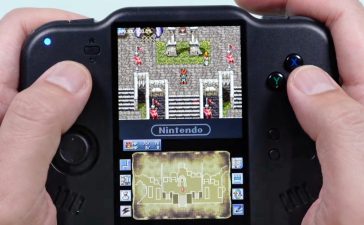A Facebook post asked Marshfield residents to identify a 14-year-old boy hospitalized and in a coma following a hit-and-run crash.
“We urgently need assistance in identifying a young boy approximately 14 years who was involved in a hit and run incident, and left for dead by the side of the road in #Marshfield,” the Jan. 8 post read. “He is currently in a coma, and the deputies are unable to identify him because he is missing her [sic] ID. Let’s bump this post so it may reach people who can be able to identify him.”
However, in calls to the Marshfield Police and Fire departments, MassLive confirmed that there were no recent hit-and-run crashes in town.
However, the photo and a similar message were also posted together on community pages from Pennsylvania, Alabama, and Washington.
Each fake post exchanged #Marshfield with #Hazleton, #Atmore and #Spokane, respectively. The rest of the language in the post is identical to what is seen in the Marshfield post. Each of these posts has the comments turned off.
A Google Lens search shows the photo’s origin. And it tells the true story.
On Aug. 10, 2024, Anthony Rosales, 17, was with his family in Grand Prairie, Texas, driving home after a day at Six Flags, according to the New York Post, which cited local reporting. A suspected street racer crashed into the family’s SUV.
The crash killed Rosales’ family and left him in critical condition, the Post reported. The story is accompanied by a photo of Rosales in his hospital bed, eyes closed and on a ventilator in critical condition, appears. This is the photo shared in the Facebook posts.
But Rosales was not in a coma. A GoFundMe page explained that he was released from the hospital two weeks later. By Aug. 30, he physically attended the funeral of his parents, his younger brother, and his younger sister.
A similar online post with photos of a 2-year-old boy with cuts all over his face was used in what the Better Business Bureau called a “bait and switch” scam.
Such scams are orchestrated after the “scammer changes the original post to a deceptive rental ad or sometimes to a link pointing to a survey that “guarantees” a cash prize,” the BBB reported.












